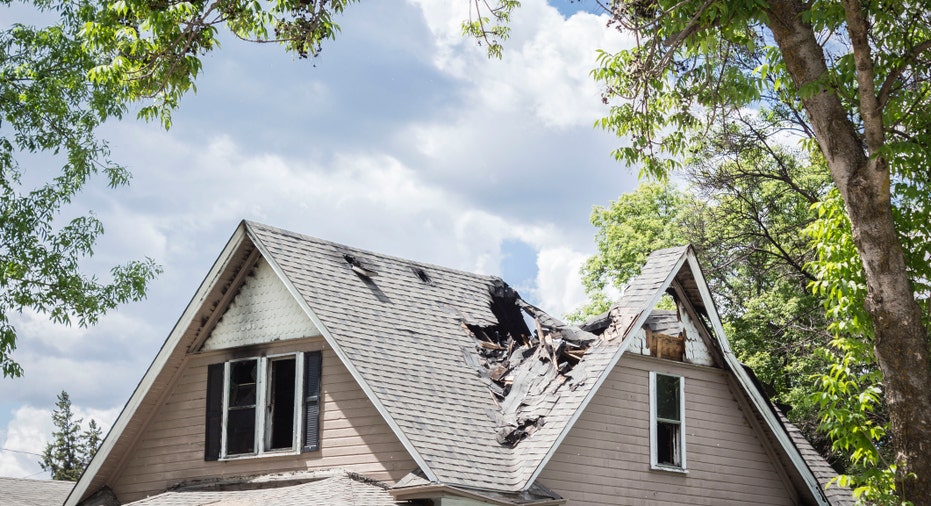This article is aimed at individuals who want to be prepared for natural disasters, such as hurricanes, earthquakes, floods, and wildfires. It discusses essential supplies to have on hand in case of an emergency.
Natural disasters can strike at any time, leaving individuals and communities without power, water, and access to essential supplies. Being prepared can help individuals to stay safe and comfortable during and after a natural disaster. In this article, we will discuss essential supplies to have on hand in case of an emergency.
Water:

Water is the most important item to have on hand in case of a natural disaster. Experts recommend storing at least one gallon of water per person per day for at least three days. Water can be stored in plastic containers, or in large water storage tanks. In addition to storing water, it is also a good idea to have water purification tablets or a water filter on hand in case of contamination.
Food:
Food is another essential item to have on hand in case of a natural disaster. It is recommended to have at least three days’ worth of non-perishable food, such as canned goods, dried fruits, and nuts, and granola bars. It is also a good idea to have a can opener, cooking utensils, and a portable stove or grill.
First Aid Kit:
A first aid kit is essential in case of an emergency. It should include items such as bandages, antiseptic wipes, gauze, pain relievers, and scissors. It is also important to include any prescription medications and medical supplies that you or your family members may need.
Emergency Lighting:
In case of a power outage, it is important to have a reliable source of emergency lighting. This can include flashlights, lanterns, and glow sticks. Make sure to have extra batteries or a solar-powered charger on hand.
Warm Clothing and Bedding:
In case of a natural disaster, it is important to have warm clothing and bedding on hand. This can include blankets, sleeping bags, and warm clothing such as jackets and hats. If you have infants or small children, make sure to have extra clothing and diapers on hand.
Personal Hygiene Items:
Personal hygiene items such as toothbrushes, toothpaste, soap, and hand sanitizer are also essential to have on hand in case of an emergency. In addition, it is recommended to have extra feminine hygiene products, baby wipes, and a portable toilet.
Tools and Supplies:
Tools and supplies can be essential in case of a natural disaster. This can include a shovel, ax, and saw for clearing debris, duct tape, rope for repairs, and a multi-tool for various tasks. It is also a good idea to have a whistle for signaling for help.
Communication Devices:
Communication devices such as a radio and a cell phone with a solar-powered charger can be essential in case of an emergency. Make sure to have extra batteries and a portable charger on hand.
Cash and Important Documents:
In case of a natural disaster, it is important to have cash on hand in case ATMs and credit card machines are not working. It is also important to have important documents such as insurance policies, identification, and birth certificates in a waterproof and portable container.
Pet Supplies:
If you have pets, it is important to have extra pet food, water, and supplies on hand in case of a natural disaster. This can include a leash, collar, and identification tags.
Emergency Evacuation Kit:
In case of an evacuation, it is important to have an emergency evacuation kit ready. This can include a change of clothing, important documents, medication, and other essential items. Make sure to keep the kit in a portable container that is easy to grab and go.
Local Maps:
It is a good idea to have local maps on hand in case of a natural disaster. Familiarize yourself with evacuation routes, emergency shelters, and other important locations.
Alternative Energy Sources:
Alternative energy sources such as solar panels, generators, and wind turbines can provide a reliable source of power in case of a natural disaster. Make sure to have extra fuel on hand and follow safety precautions when using these devices.
Home Insurance:

Finally, it is important to have adequate home insurance in case of a natural disaster. Make sure to review your policy and understand what is covered and what is not. Consider purchasing additional coverage if necessary.
Conclusion:
Natural disasters can be unpredictable and devastating, but being prepared can make a significant difference in the outcome. By having essential supplies on hand, you can ensure the safety and comfort of yourself and your family during and after a natural disaster. It is important to regularly review and update your emergency supplies and plans to ensure that you are always prepared.




